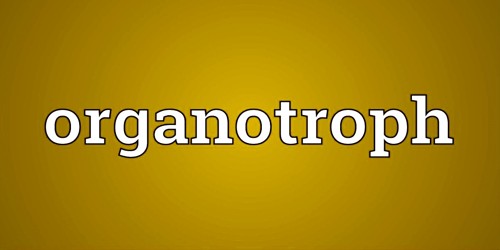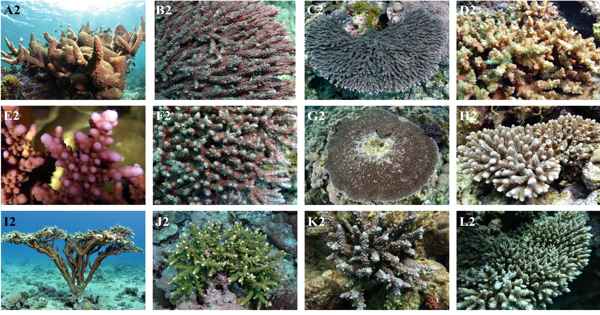An organotroph is an organism that obtains hydrogen or electrons from organic substrates. It is an organism that obtains hydrogen or electrons from organic substrates. This term is used in microbiology to classify and describe organisms based on how they obtain electrons for their respiration processes. Organic compounds that are used as electron donors are called Organotrophs. It is an organism that obtains its energy from organic compounds. Because of their volume of distribution, lithotrophs may actually outnumber organotrophs and phototrophs in our biosphere.
An organism that uses organic molecules (e.g. sugars, amino acids) as energy sources. This organism obtains hydrogen or electrons from organic substrates. Some organotrophs such as animals and many bacteria are also heterotrophs. Organotrophs can be either anaerobic or aerobic. Sulfate reduction requires the use of electron donors, such as the carbon compounds lactate and pyruvate (organotrophic reducers), or hydrogen gas (lithotrophic reducers).
Antonym: Lithotroph, Adjective: Organotrophic.
History
The term was suggested in 1946 by Lwoff and collaborators.
















